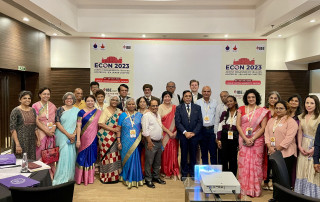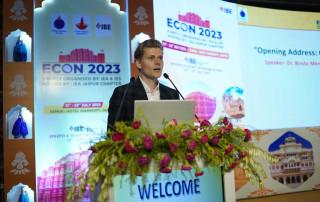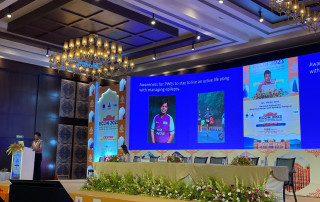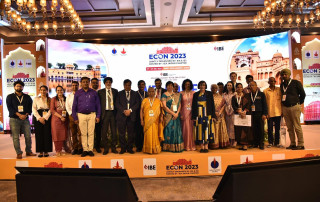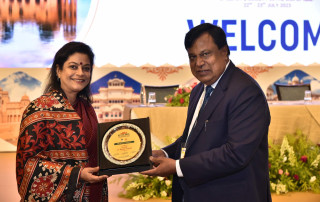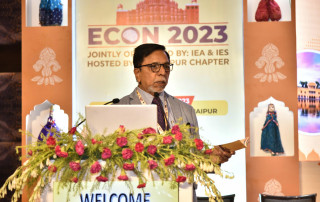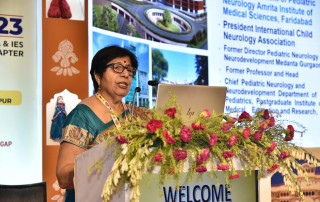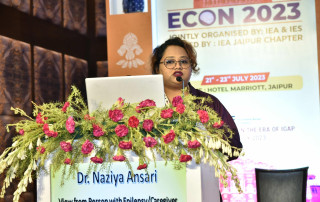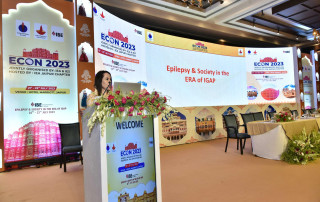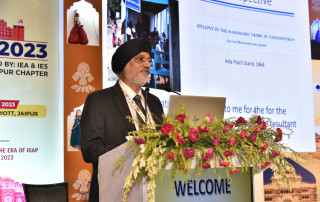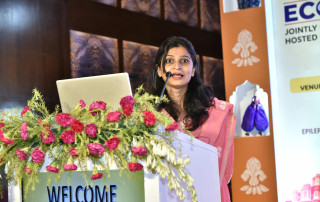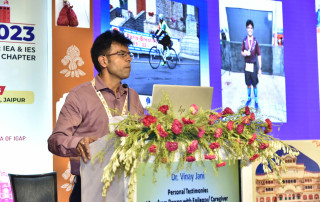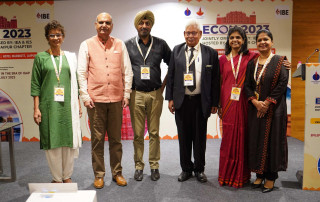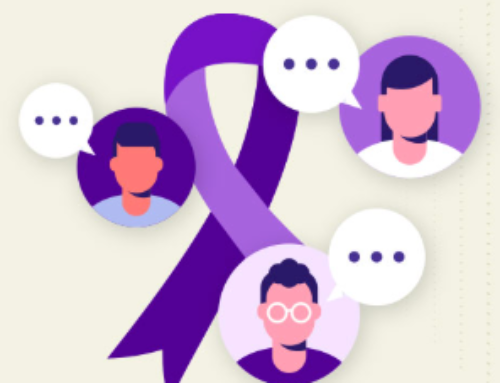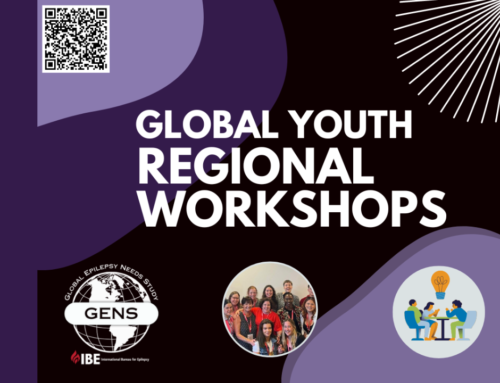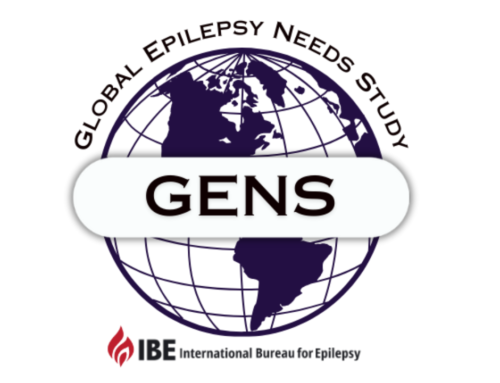The International Bureau of Epilepsy (IBE), in partnership with the Indian Epilepsy Association (IEA) and Indian Epilepsy Society (IES) convened a historic regional multi-stakeholder symposium “Epilepsy and Society in the Era of IGAP” in Jaipur, India, on 22-23 July 2023.
With the overarching goal to make epilepsy a public health priority in India and South East Asia, this symposium aimed to foster cross-country collaboration, person-centred approaches, stakeholder consensus, and durable partnerships to support the implementation of WHO’s Intersectoral Global Action Plan on Epilepsy and Other Neurological Disorders 2022-31 (IGAP) across the region.
Complementing the symposium, an interactive IBE multi-stakeholder workshop on “Leveraging Policy Frameworks for Epilepsy Advocacy Action in South East Asia” was held. The event brought together over 40 key stakeholders of the epilepsy community across South East Asia and Western Pacific Regions – including people with epilepsy, caregivers and families, healthcare providers, researchers, advocates, non-state actor representatives and policy-makers. In a mix of presentations and interactive multi-stakeholder panels, the speakers offered their global, regional, and national perspectives on effectively addressing the inclusion-, treatment-, research-, and prevention gaps in epilepsy.
As experts by lived experience, Ms. Pooja Nandi, Mr. Vinay Jani, Ms. Naziya Ansari, and Ms. Divyasini Sharma delivered powerful presentations and statements on the value of IGAP for the epilepsy community and criticality of ensuring person-centered approaches for successful epilepsy advocacy and IGAP implementation. Institutional representation included senior leadership of the IBE, the IEA, the IES, as well as the International League Against Epilepsy (IBE), the International Child Neurology Association (ICNA), the OneNeurology Partnership, the WHO SEARO Regional Office, and the Indian Ministry of Health. The proceedings of the symposium and workshop will be summarized to develop effective regional policy advocacy tools and formulate a call to action with key policy recommendations to improve the lives of people with epilepsy across the region.

